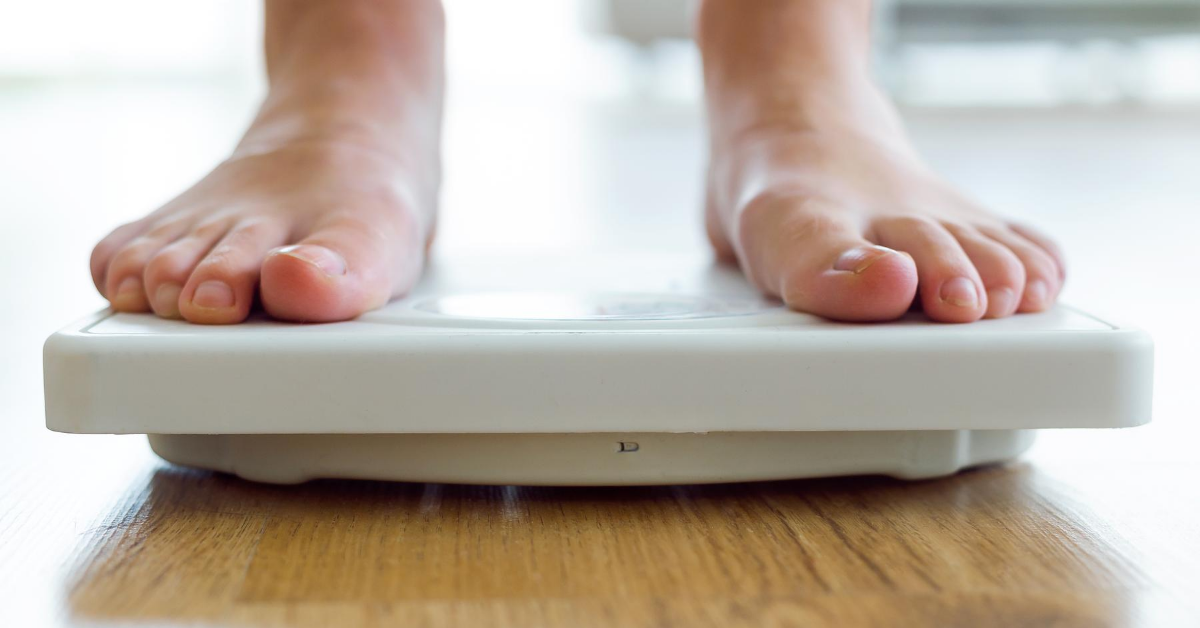
You may have heard your physician, your aerobics instructor or an infomercial mention the term “BMI” and wondered: What is a BMI? And why is it important?
BMI stands for Body Mass Index, a calculation that factors in your weight and height measurements. The final number is then matched with your age and gender, to determine if your BMI falls within a healthy range. You can easily check your BMI online by searching for a free calculator. Your primary care provider can also discuss your BMI with you at your next visit.
BMI is an important screening tool that your primary care provider uses frequently, because an unhealthily high BMI indicates obesity. Obesity is not just a physical trait, it is also a disease, and obesity increases an individual’s risk for cardiovascular disease, sleep disorders, diabetes mellitus, joint disease, stroke and certain cancers, to name a few. Maintaining a healthy weight for your age is important in preventing unwanted illness later.
According to the Centers for Disease Control and Prevention, almost four out of every 10 adults in the U.S. are considered obese. Besides eating too much, some factors that contribute to obesity include:
- types of food eaten
- a lack of physical activity
- a family history of obesity
- a poor sleep schedule
- depression
- certain physical illnesses
- certain medications
- income and social environment, i.e. lack of access to healthy foods
What can you do to reach your healthy weight?
- Set attainable goals, knowing things won’t change overnight; maintaining a healthy weight long-term takes both time and commitment to a realistic routine.
- Get rid of obstacles, such as a kitchen full of unhealthy options.
- Develop a fitness plan and stick with it.
- Track your daily food intake. There are great websites and apps for this, which can also help you come up with a daily calorie goal.
- Find an accountability partner – a spouse, sibling, or even an online community.
- Increase your daily water intake.
- Keep a regular sleep schedule.
- Take the stairs instead of the elevator when you have the option.
For more information about maintaining a healthy weight and improving your BMI, please consult your doctor.

